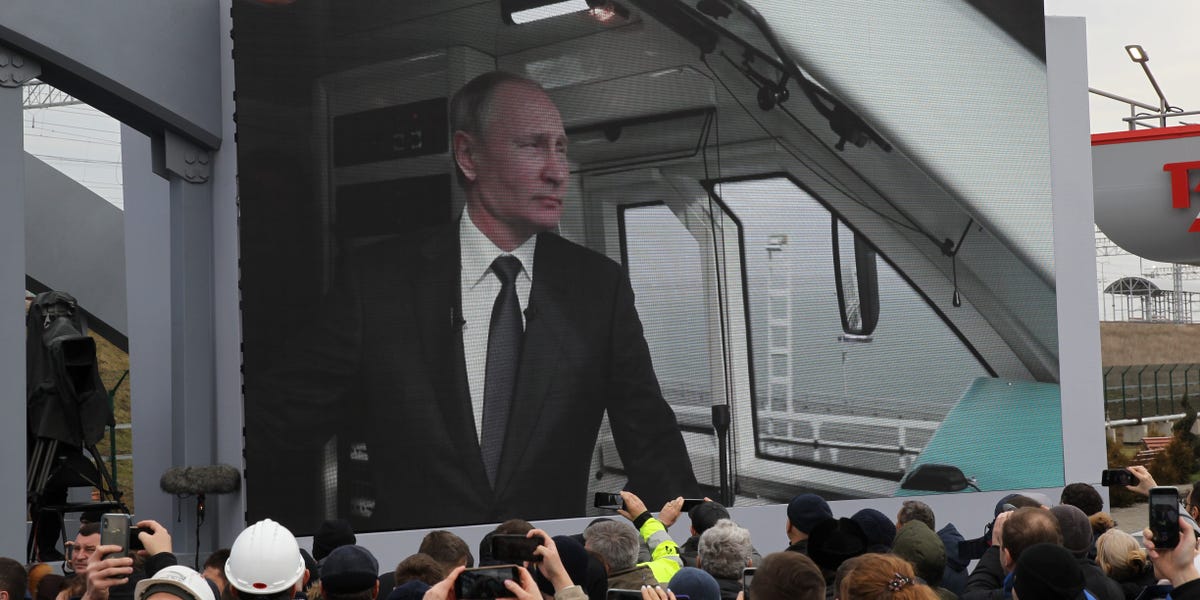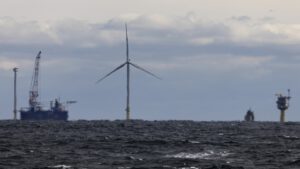Forget ships — Russia is turning to rail transportation to skirt Western sanctions.
And it’s now also linking south toward India and countries in the Persian Gulf, The New York Times reported on Wednesday. This includes a new 100-mile stretch of railway that costs $1.7 billion and is designed to link up Russia and ports in Iran — which in turn will help Russia connect to the Indian trading hub of Mumbai, the Times reported. The construction of the railway is scheduled to start this year.
Russia hyped its train line with Iran as a new link that could rival the Suez Canal as a major trade route, Reuters reported in May when the two sides signed a deal for the railway.
In addition, Russia is also restoring another railway line that would allow it to access Turkey, the Times reported on Wednesday.
Russia’s push for rail freight follows two years of Western sanctions against the country over its war in Ukraine. The restrictions hit Russia’s trade with Europe, traditionally its single largest market.
But Russia has managed to keep its economy humming by pivoting its trade to alternative markets including India, China, and Iran, the last of which is also heavily sanctioned by the West.
The new rail connections stand to help Russia maintain imports amid sanctions.
As Ram Ben Tzion, the CEO of the freight-vetting platform Publican, told the Times, Russia is creating “a trade route for the pariahs.”
“Developing relations with the global south is basically one of Russia’s biggest priorities,” David Szakonyi, a political-science professor at George Washington University, told Business Insider.
Szakonyi, who’s the author of “Politics for Profit: Business, Elections, and Policymaking in Russia,” said the new trade links wouldn’t just aid Russia’s oil and gas sales to alternative markets but would also help the country import goods that it cannot produce itself because of a lack of advanced technology or manpower.
“To have this economy not collapse, the Russian government needs to continue to cultivate strong ties with just about any country that is not sanctioned yet,” he said. “So I think we’re going to see a lot more of that type of economic diplomacy in the next couple of years.”
Russia has been creative in skirting sanctions since it annexed Crimea in 2014, so the West should “think like they do” and be one step ahead of Moscow to beat them at their game, Szakonyi said.
“We should expect the Russians to adapt and evolve,” he said, “rather than pretend that this current set of measures is going to fix the problem forever.”


